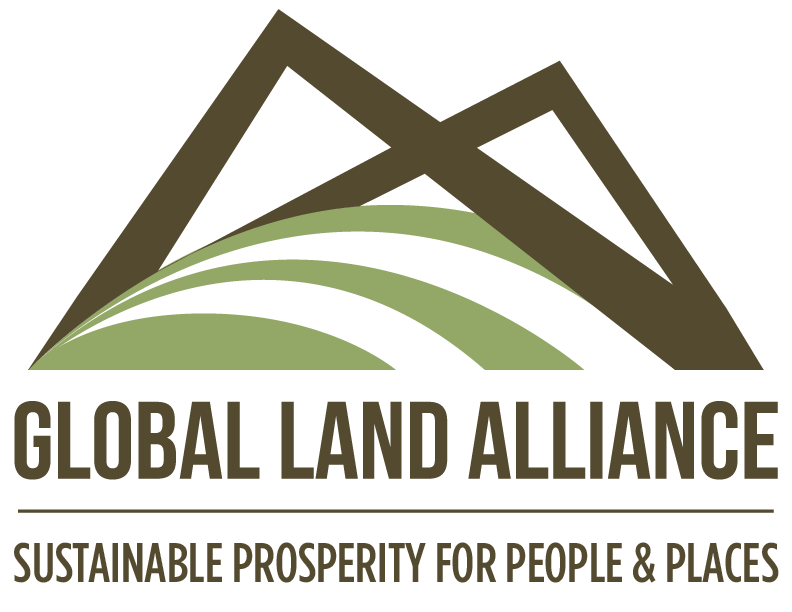Replacing Conflict with Formality in Rural Colombia
(BY MARGARITA VARON AND KEVIN BARTHEL)
In the context of peace negotiations and a national initiative to transform the countryside, the Colombian government is revamping land tenure policy and considering major institutional reforms intended to lead to a massive intervention addressing the lingering informality of rural land rights. Through the Land and Rural Development Project (LRDP) funded by the United States Agency for International Development (USAID), LRDP and Land Alliance land tenure specialists are working together with local authorities to build the managerial and technical capacity of municipalities to manage land and use land information. The tool for achieving this is the Municipal Land Formalization Plan or ‘Plan Municipal de Formalización (PMF)’ in spanish.The PMF provides an organized plan to allocate, formalize and administer land and builds on a conceptual vision of effective local governance and active community participation to secure land rights and provide a foundation for farm-based investment and broader rural development.
Under the PMF concept, municipalities will face a significant challenge to interact with the national land authorities to supply the local information and knowledge required, and also to work with these authorities to develop appropriate interventions which are led by the needs of the community and take into consideration the individual particularities of the municipal territory. The municipal plan is intended to provide a relevant tool to coordinate and adequately organize these multiple actors toward the efficient and effective recognition, assignment and consolidation of the land rights within the municipal territory. For this to happen, the mayors and community leaders are the critical champions.
To support the development of the first PMF in Colombia, LRDP land specialists from the Montes de Maria Regional Office and Land Alliance visited the municipality of Ovejas in northwestern Colombia to listen to the concerns and ideas of community leaders and municipal authorities. Not surprisingly the community leaders were quite forthcoming with both their local knowledge of the land tenure issues, as well as their opinions and frustration with the current situation. There was general agreement on the need for an organized and definitive intervention to close previous initiatives that have not concluded, and in many ways have only added to the uncertainty and informality. Also, a key conclusion of the meeting was the need for, and importance of establishing an “Oficina de Tierras” (Local Land Office) in the municipality of Ovejas. This office would provide access to land services, as well as technical and legal guidance to property owners in the municipality.
During the visit Land Alliance presented and led a discussion on the main responsibilities of the municipality concerning the PMF, specifically: (i) collaboration with national authorities in preparing the PMF and planning for is implementation; (ii) use of the land information resulting from the implementation of the PMF to support the public service initiatives of the municipality (land use planning, licensing and permitting, property taxation and development of infrastructure); and (iii) the ‘maintenance of formality’ of property rights once a systematic campaign of formalization is completed.
For their part, the local authorities highlighted the importance of technical capacity building and reducing transaction costs for the population in order to facilitate the on-going ‘maintenance of formality’, while the community leaders asked for a role as an active partner in the implementation of the project and to provide community-based monitoring. Finally LRDP formalization and Land Alliance land specialists agreed that the PMF should be developed in tandem with the updating of the territorial land use plan which is a pending legal requirement for the in-coming municipal administration whose term begins in January 2016.
The visit to Ovejas provided an opportunity for LRDP and Land Alliance to engage with local government and community leaders in an open and frank discussion to both identify issues, and determine needs and requirements. In the end there was general consensus on the need for, and the benefits of, implementing a Municipal Formalization Plan. The community leaders imagined and expected a territory with secure land rights and without land conflicts, while local authorities saw accurate and up-to-date land information being used to plan improvements in the municipal territory and supporting investments in social and infrastructure projects. Both good foundations for the future of Ovejas that is based on replacing conflict with formality.

